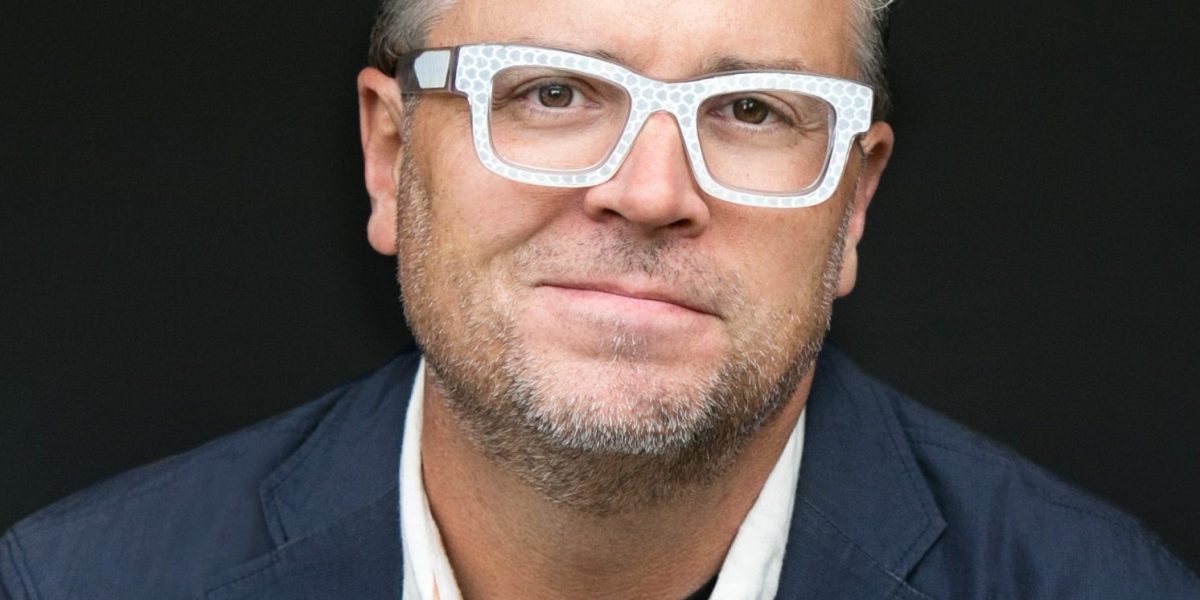Never say die
Hi. How are you? I have some news. You’re going to die. We’re all going to die.
I’ve been thinking about this not only because we’ve been putting this issue, the Mortality issue, together but also because I’ve hit one of those arbitrary milestones in life. Which is to say I turn 50 this month.
This is mostly pretty cool. Beats the alternative, as they say. But one decidedly uncool thing about being almost 50 is that my “bad” LDL cholesterol is too high. The obvious solution here is to improve my diet and get more exercise. But if that were so easy, no one would have high cholesterol, right? Another option might be to go on statins—use medication to bring it down. Lots of people do this, but it’s a treatment, not a cure, and the side effects can be intense.
Or, just maybe, I could have my genes edited using CRISPR, as a patient in New Zealand recently did, to permanently reduce my LDL. Given that heart disease is a leading cause of death, that could meaningfully prolong my life. There’s still much to learn about the effectiveness of such a treatment, but the mere prospect is pretty amazing.
The things we can do to alter our bodies today would have sounded like science fiction just a few years ago. Scratch that—some of them still sound like science fiction. Aging and death have long been our inevitable fates, constants of life that begin with birth. But what if aging isn’t inevitable? What if we could slow or even reverse the process? This may be less far-fetched than you imagine.
A flotilla of billionaires and Silicon Valley elites, and even the Saudi royal family, have poured staggering amounts of money into this question, funding startups and research that seek to extend our time on Earth. Antonio Regalado has the story of the quest for medical rejuvenation: researchers want to reprogram our cells to make them young again, letting us lead longer, healthier lives.
Or even more intriguing: What if we could cheat death and live forever? Because we can. Or at least our digital replicas can, as Charlotte Jee learned when she trained an AI to create simulacra of her parents. The technology she explored is one of several meant to let the living commune with the dead, in this case via Amazon Alexa.
But even if we can live forever in a smart speaker, at the moment there’s still no way around death. Of course, there are a lot of people working on that. Perhaps you might want to have your corpse preserved at −196 °C in the hopes of being brought back to life again one day. The field of cryonics is still trucking along, even if it is “a hopeless aspiration that reveals an appalling ignorance of biology,” as one scientist puts it.
For those who have accepted their fate but want their death to help others live longer, there is always the possibility of donating one’s body to science. While that’s something you have surely heard of, it’s nothing like what you have probably imagined. Abby Ohlheiser pulls back the curtain to reveal how this intimate process truly works.
I hope this issue serves up a lot for you to think about. As always, I’d love to hear your thoughts. You can reach me at [email protected].
See you on the other side,
Mat




